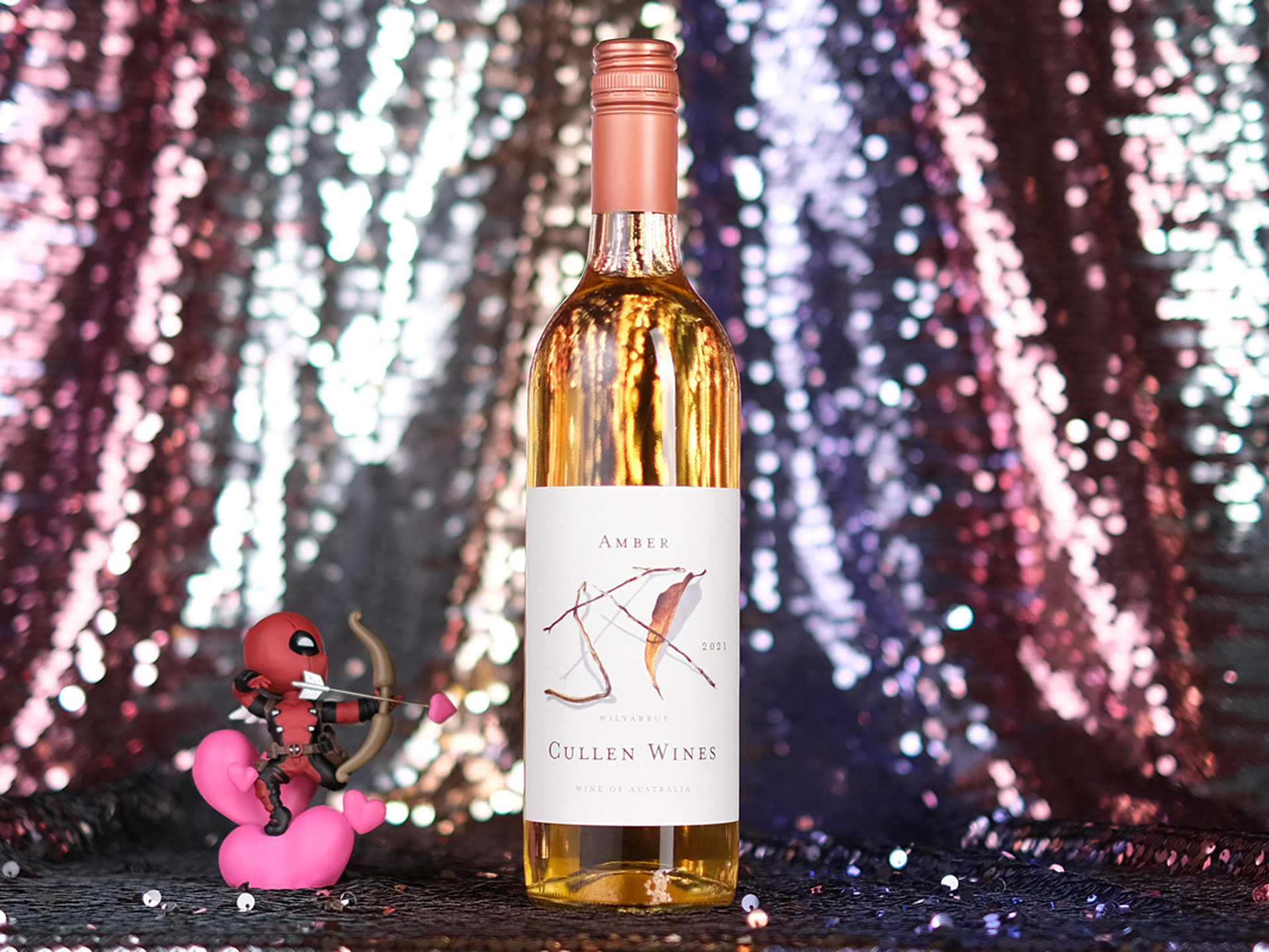From the certified biodynamic Cullen vineyard, this is Vanya Cullen’s foray into orange wine territory. A predictably amber hue, this has herbal and citrus notes, lemongrass and a savoury accent, with pithy grape-skin tannins giving characteristic grip.
Tasting note
A 60/40 blend of sauvignon blanc and semillon, this saw an average of 10 days on skins in open fermenters, amphorae and a concrete egg. The skin contact has given this a gentle golden hue, like a young whisky, with the sauvignon blanc subtly recognisable under the savoury aromatic lift, with gravelly mineral-like aromas, lemongrass, fennel frond and orange blossom all contributing to a subtly complex nose. Those skins are evident on the palate, with decent tannic chew cinching the wine in, though the fruit freshness still shines through.
Themes of this wine
Sauvignon blanc
When you think of sauvignon blanc, it’s hard not to think of New Zealand almost immediately, and the pungently expressive examples from Marlborough. But sauvignon also contributes to some of France’s most noble wines, as well as a huge diversity of expressions in Australia, both bottles solo and in blends. One of the most aromatic of grapes, sauvignon blanc is not shy for flavour and typically is quite high in acid. On the leaner end, those flavours will be very grassy and herbal and advance through passionfruit to some quite opulent tropical characters as the fruit gets riper.
Margaret River
If you’re after a wine region with a healthy dose of conspicuous glamour, then Margaret River has it all. Three hours south of Perth, ‘Margs’ is littered with iconic wineries, many with dazzling cellar doors and world-class restaurants. And then there’s the abundant sunshine, and the beaches – oh, those beaches… It’s a beautiful, beautiful place, and for a young wine region it’s very mature, with well-established paths to success built largely on the twin pillars of chardonnay and cabernet sauvignon (et al). Names like Cullen, Moss Wood, Woodlands, Leeuwin Estate and Vasse Felix feel like they’re etched in stone, but in the last little while, smaller players have been making their mark.
Skin contact
The skins hold the colouring matter and lots of tannin. Leave them in contact with the juice/wine and you’ll extract those elements. Most conventional white wine sees no skin contact, rosé a little bit to get a blush, and red wine plenty to get the colour and structure. Skin-contact whites… well, they have some skin contact. Yep. More colour, more tannin and a different flavour profile.
Egg-shaped fermenters
Amphorae are some of the most ancient winemaking vessels, and the modern practice of using ovoid fermenters is a very similar idea, with the shape encouraging ferment vectors to swirl and tumble. While amphorae are typically made from clay, eggs (and various other similar shapes, including tulip-shaped vessels) come in a range of materials, from concrete to ceramic to steel.
Biodynamic
An organic farming method created by Rudolph Steiner in the 1920s, biodynamics is a slightly mystical approach, employing elaborate organic ‘preparations’ to restore the natural balance of the soil and encourage microorganisms. It also observes the lunar cycle to prescribe actions in the vineyard and winery. Why some of it works is not clearly understood, but it is used by some of the world’s greatest producers.



